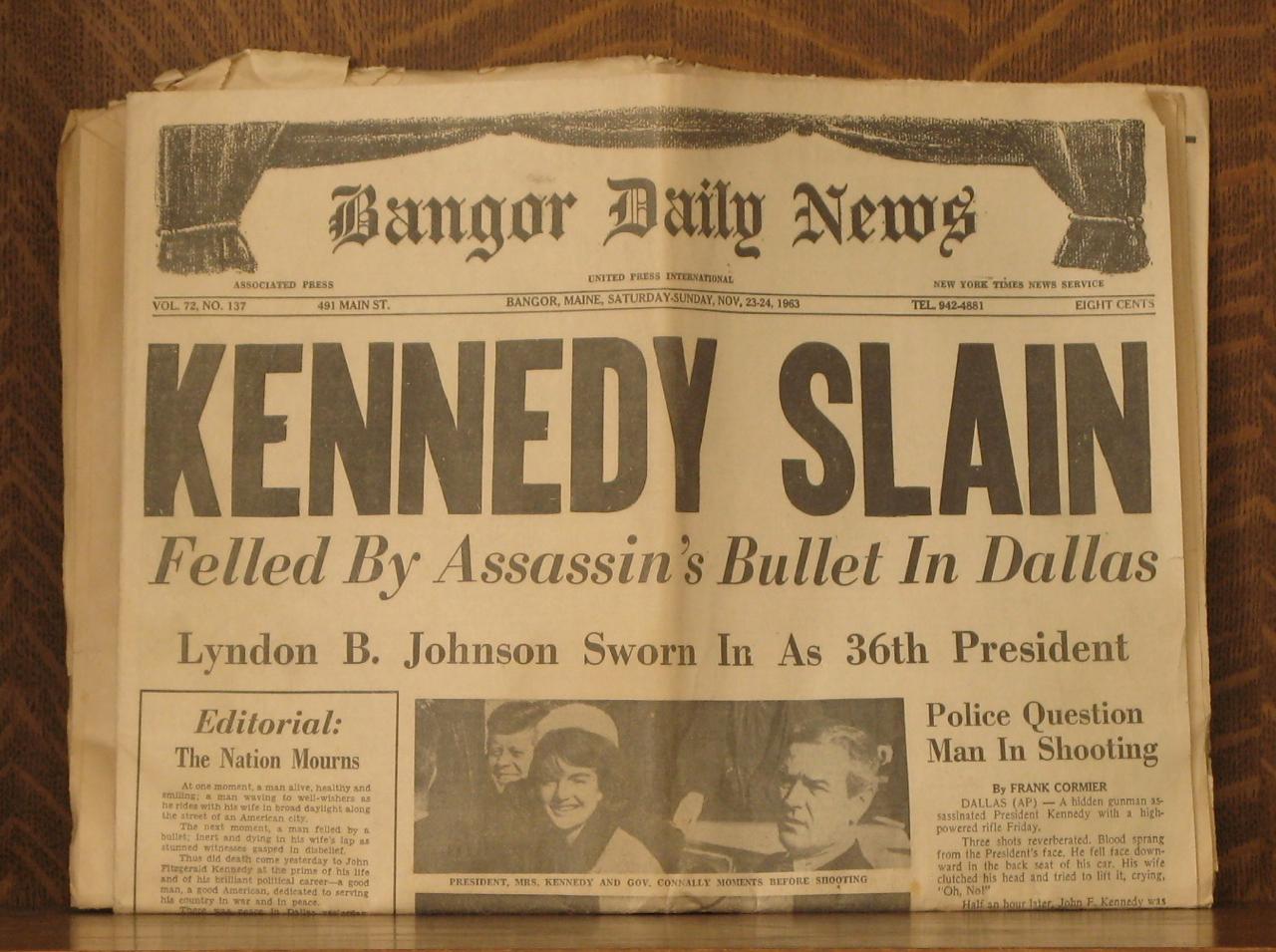

It included a battered, early-1800s Cape Cod house, the remains of an old barn and 100 acres of fields and woods. He found an old farm for sale on a hilly back road. The following season he returned to the playhouse, in part because he had met Barbara there the summer before and wanted to see her again.

In 1968, Mather came to Maine to work the summer season at the Ogunquit Playhouse. He graduated from a public high school in 1956 and went on to earn a degree in theater from the University of Wisconsin. His father left when Mather was 13, a wrenching episode that figures prominently in his new novel. But clearly, although Mather has sought and found much satisfaction in his noncorporate lifestyle, he has never been one to sit on the sidelines.Īn only child, Mather was born in Manhattan and raised on his family’s farm in rural New Jersey. His daughter, Caitlin, visits regularly from Maryland with her husband and two children. These days, along with Barbara and Josh, Mather works behind the scenes at the restaurant. He is the author of several books, including a seminal back-to-the-land volume on organic gardening, an explication of his personal philosophy of compassion and happiness, and a recently released novel, “A Stone’s Throw: Orvie’s Stories,” which is grounded in his own growing-up years. His newspaper columns and magazine articles on organic gardening and healthy eating have inspired two generations of young farmers, cooks and gardeners. But though he still grows a bountiful organic garden and raises a few chickens at the antique, backroad farmhouse he bought back in 1969, Mather has stayed in community-building mode during the long and change-filled decades he and his wife, Barbara, have called Maine home.Īn early member and two-term president of the Maine Organic Farmers and Gardeners Association, Mather also is widely credited with spearheading the derailment of a proposed oil refinery in the nearby town of Sanford and the successful effort to save a historic coastal farm from commercial development. He claims he seldom engages in long-term planning and avoids decisions whenever possible.

Just living his life is what Mather does. “We didn’t know we were part of a movement,” Mather said of those early days. The back-to-the-landers saw in Maine the potential to live a simpler, more rural life and reclaim an element of independence from the growing influence of corporations and the politics of Vietnam War-era America. He was at the forefront of the wave of idealistic, young out-of-staters who moved to Maine in the late 1960s and early 1970s. Mather, 78, has been washing lettuce in Maine for a long time. He tucked the table-ready lettuce into clear plastic bags ready for delivery later that day to his upscale restaurant, Joshua’s - where his son, Josh, is the chef - on busy Route 1 in Wells. He gave the colorful mix of oak leaf, buttercrunch and romaine a preliminary rinse in a plastic tub on the wooden table, then a second, more detailed washing in a second tub before transferring it in batches to a large spinner. WELLS - On a recent sunny morning, Mort Mather, wearing a grubby white T-shirt, dungarees and a tattered broad-brim hat, stood barefoot under a pear tree in his backyard, contentedly washing a pile of fresh-picked lettuce from his garden.


 0 kommentar(er)
0 kommentar(er)
